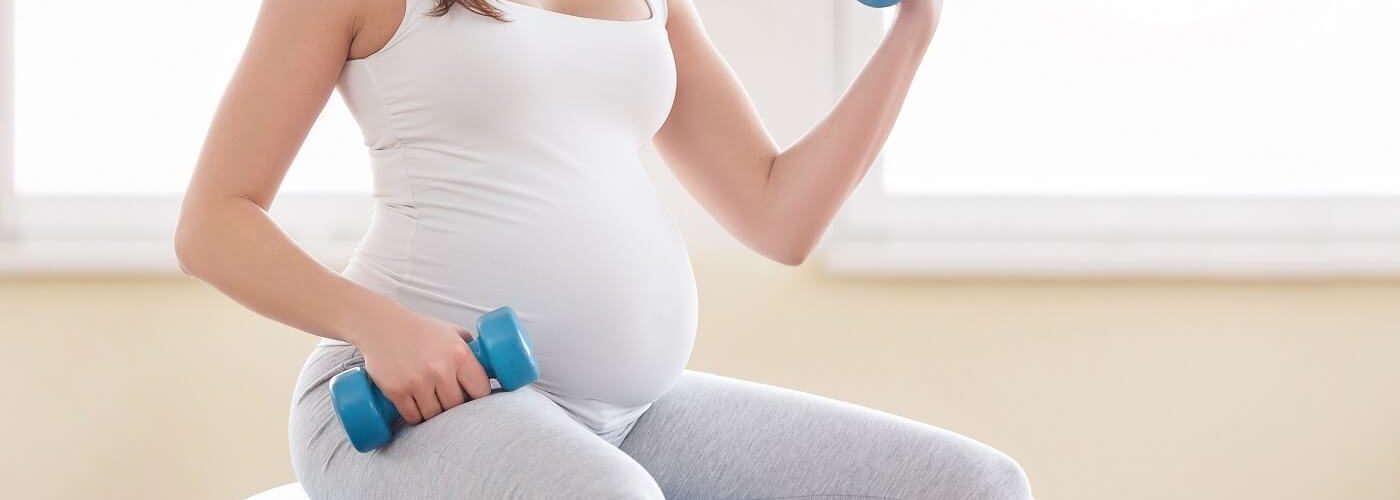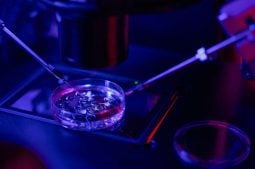
Sport and pregnancy may arise some doubts, even when undergoing assisted reproductive treatment. There are questions connected to pregnancy that any woman may have, and one of those is to do with the most suitable exercises. With a little forethought, it is possible to continue any sports and exercise that you enjoyed previously, and in fact, most doctors recommend continuing to participate to give yourself and the baby the best chance at remaining healthy.
There are just a couple of caveats that help to ensure you are participating in a way that is safe for yourself and for your new addition.
Benefits of exercise during pregnancy
Experts agree that exercising during pregnancy offers numerous benefits:
- Improves blood pressure
- Prevents gestational diabetes by improving glucose levels
- Relieves digestive discomfort and constipation
- Helps control weight
Additionally, physical activity has positive effects on anxiety levels and promotes better sleep, which can sometimes be disrupted during pregnancy.
Exercise tips for pregnancy
When pregnancy is confirmed, it is important for the specialist to advise each patient on the most suitable exercise routine for their specific case. Whether or not it is an IVF pregnancy, each case must be evaluated to determine if there are any contraindicated activities.
If it is a pregnancy without complications and the woman regularly exercises, she can generally continue doing so, but it will be the doctor who makes this determination. If you don’t regularly exercise or do it so sporadically, it will be necessary to define what is appropriate to avoid harming the pregnancy.
The intensity of the activity should be light to moderate, depending on the woman’s physical condition, but never high. If high-intensity sports are not part of the routine, pregnancy is not the time to start them.
As the pregnancy progresses, you may find that some exercises begin to be uncomfortable, or that you slow down. There are many examples of women competing in professional sports at eight months’ gestation. The key thing is to listen to your body and stay comfortable.
Safe exercises during pregnancy
Regular exercise is a necessary part of every person’s life, and creating good habits is never a bad idea! Even half-hour walks every day are a great place to start and will help with keeping you healthy later. Gentle exercise, such as cycling or even swimming may help with some of the symptoms of early pregnancy, but if you can’t face it, then don’t force it.
Here are some recommended exercises during pregnancy.
Pelvic floor exercises in pregnancy
The pelvic floor refers to the group of muscles, ligaments, and tissues that close off the abdominal cavity at its lower end. They play a crucial role in supporting organs such as the bladder, uterus, and rectum. Additionally, they provide support during activities such as physical exercise, pregnancy, and childbirth.
To strengthen this area, you can perform light squats or repeatedly contract and relax the pelvic muscles. Always remember to consult a specialist beforehand.
Pregnancy core exercises
The core refers to the central musculature of the body, including the abdominal muscles, the obliques, the lower back muscles, and the pelvic floor muscles. These muscles are essential for stability, posture, and balance, as well as for preventing injuries. There are simple exercises you can practice while pregnant, and a personal trainer can guide you on the most appropriate ones.
Yoga
There are numerous yoga exercises for pregnant women and specialized centers that can design a routine tailored to your needs. In fact, pilates and yoga are the most popular options for pregnant women.
It is important to consult with your doctor first to determine which month you can start these exercises and which ones are most advisable. Yoga provides emotional and physical well-being that will greatly help you during pregnancy.
Pelvic tilt exercises
In this case, we are talking about exercises to stretch and strengthen the abdominal muscles. Additionally, they can relieve lower back pain and sciatica. Once again, consult with your doctor about which types of exercises you can do.
Sport and pregnancy: exercises to avoid
For those who feel amazing and can continue their usual workouts, there are just a few key points to remember:
- Speak to a doctor and perhaps a professional in the field before continuing with heavy weights or martial arts
- Keep your heart rate at a steady pace
- It’s not the time to start training for a marathon. If there are sports that you have enjoyed for a while, these are probably safe to continue doing well into pregnancy. If you have never gone for a run or to a yoga class before, now may not be the time to start.
It is important to get the advice of your doctor, who will know your body best, and work together to determine what kind of exercise is suitable to take up when pregnant, if any, and to modify existing workout schedules to accommodate your new condition.





Comments are closed here.